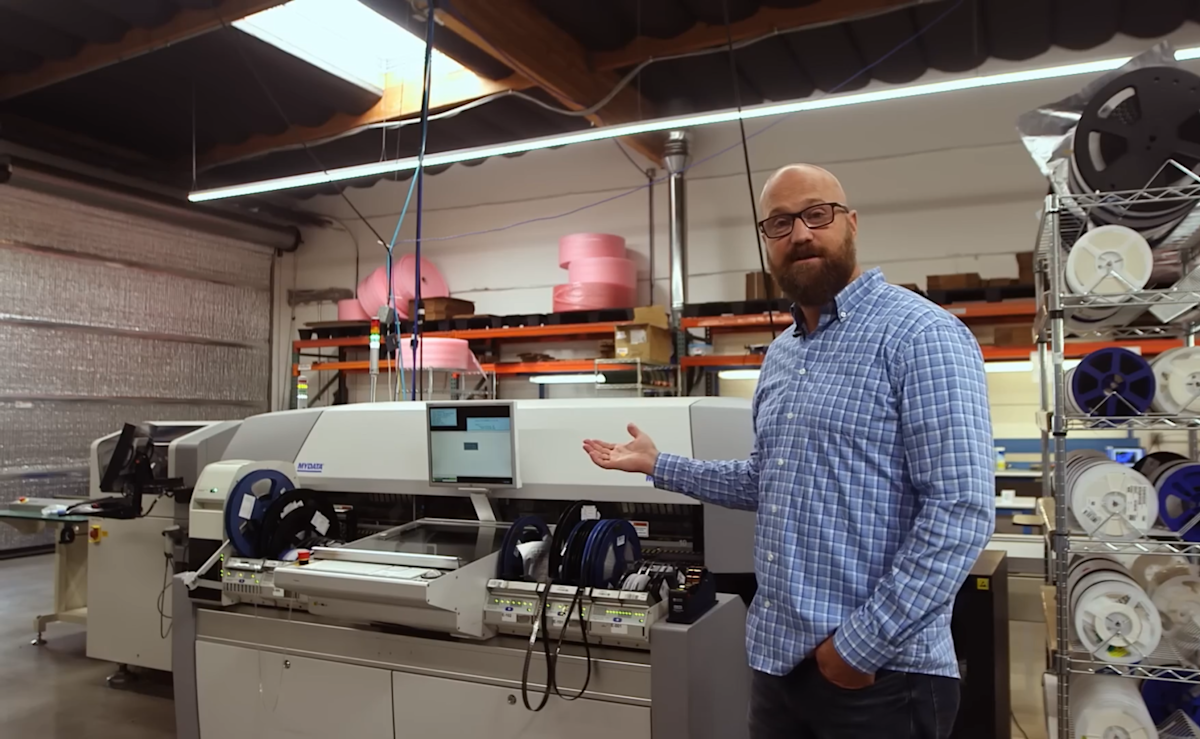Verne Kopytoff
9 min read
In This Article:
Todd Weaver has an important message for Apple as it faces growing demands by President Donald Trump to reshore some of its smartphone production: Don’t listen to the conventional wisdom.
Experts have long said that manufacturing iPhones in the U.S., rather than Asia, as Apple does, would be logistically impossible and ridiculously expensive. But Weaver argues companies can indeed do it successfully, and at a similar or only slightly higher cost—if given several years to navigate the inevitable complications.
Weaver should know: His startup, Purism, is among the few, if not the only business, that assembles smartphones in the U.S. In fact, the U.S. pedigree is the main selling point of his company’s Made in America device, the Liberty Phone.
“It is challenging to do this in the U.S.,” Weaver acknowledges. “It’s probably the reason I’m the only one.” And yet, he says his company has managed to make it work and has been profitable for the last two years—a real world example of what’s possible on a hot-button topic in which political talking points and vested interests often dominate the debate.
President Donald Trump recently put U.S. smartphone production in the spotlight as part of his global trade war. On May 23, he used social network Truth Social to publicly attack Apple for importing iPhones into the U.S., rather than making them domestically, and then threatened the company with a 25% tariff if it continued to do so.
Whether any of the import taxes will become permanent is unclear given Trump’s whiplash decision-making and court challenges by third parties.
Still, Apple has long assembled its iPhones overseas, mainly in China, and has resisted relocating any of that production to the U.S. In April, when Trump announced his tariffs, Apple went so far as to shift the sourcing of most U.S.-bound iPhones to India, which faced lower import taxes. U.S. assembly was never publicly mentioned as a possibility. In the past, Apple CEO Cook explained the reluctance by saying the abundance of skilled labor and top-notch suppliers overseas would be difficult to reproduce at home.
Weaver’s company, of course, is no Apple, which has sold more than 2 billion iPhones globally since introducing the first models in 2007. The devices unleashed a new era in the tech industry in which mobile devices became the prime focus.
Purism, in contrast, has sold just tens of thousands of phones since debuting its first model in 2018, according to Weaver. And the company is barely-known outside the world of tech nerds.
Its Liberty Phone, manufactured near San Diego, comes with U.S.-made electronics installed on a metal chassis from China. It retails for $1,999. Another phone, the Librem 5, is mostly the same design, except it’s made in China with Chinese parts, and costs $799.




